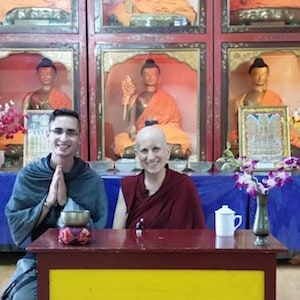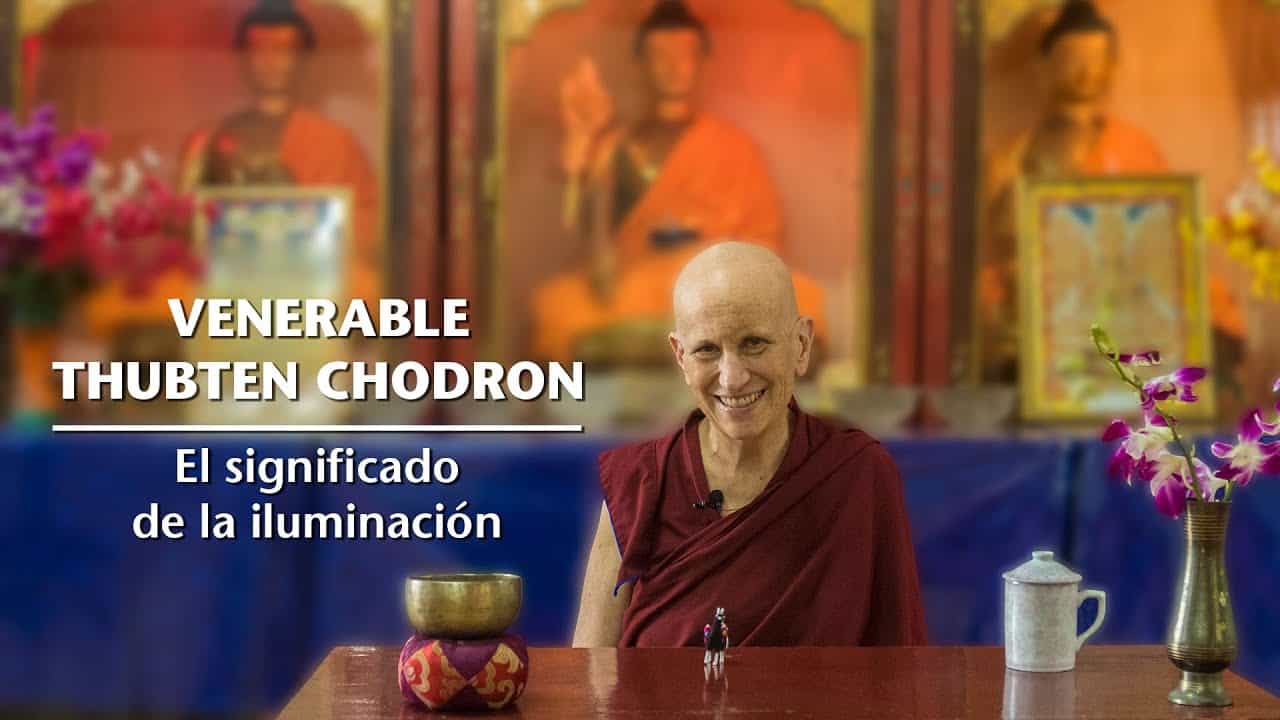Compassion fatigue
A series of talks given at Tushita Meditation Centre in Dharamsala, India, on August 30, 2018.
- How to avoid “compassion burnout”
- Overcoming personal distress
- Taking joy in compassionate action
In one of the books that I wrote, I used the expression “compassion burnout” and Joan Halifax wrote me afterwards and she said, “You know, I think there’s no such thing as compassion burnout.” Really what’s happening is your compassion is limited. When you have really full compassion, you never reach a point that it gets burnt out. So, the thing to realize is that we are ordinary beings. We can do only so much: We do what we can. we rejoice at what we’re able to do, and then we slowly build on it.
One of the things that I see happening is people start out with a lot of enthusiasm for compassionate action and then a couple of things happen. One is you see so much suffering that you fall into what is called personal distress and you feel so bad, so heavy, that the world is so awful because you see all the suffering. That personal distress is no longer compassion. When there’s compassion, the focus is on the other person. When there’s personal distress, the focus is on me, because I’m suffering seeing their suffering. We have to be on the lookout for personal distress and stop if we see that coming. That’s more an indication—if we fall into personal distress—that we need to take more time and work on our own practice, calm our own mind, build up our fortitude, build up our inner strength.
Then another thing that I see that happens is people start out with compassion and a lot of enthusiasm and then after a while they get really frustrated, really angry. It’s like, “I am trying so hard to help these people and they go and do the exact opposite of what they need to be doing.” Or, I’m trying so hard to help them and they say, “Go away, you’re meddling.” Then we get upset and we’re frustrated, and I think here, you know, we have to really see that we can’t control other people. If we think that we’re going to use compassion to re-mold other people so they become what we think they should be, then that’s not compassion. That’s trying to control them. Controlling other people is very different thing than being compassionate towards them. So, compassion… His Holiness talks about about it as you are offering a gift and your feeling of joy in offering service or help or whatever you’re giving to somebody, your feeling of joy in doing that, that’s your “reward.” If you’re waiting for a reward to be that the person does what you want them to do then they come back and they say, “Oh you’re so wonderful, you saved my life,” that’s not the right motivation. So to really learn to take joy in the living of compassion regardless of what happens and making sure we really uphold our own practice so that we can continue with compassionate action for a long period of time.
Venerable Thubten Chodron
Venerable Chodron emphasizes the practical application of Buddha’s teachings in our daily lives and is especially skilled at explaining them in ways easily understood and practiced by Westerners. She is well known for her warm, humorous, and lucid teachings. She was ordained as a Buddhist nun in 1977 by Kyabje Ling Rinpoche in Dharamsala, India, and in 1986 she received bhikshuni (full) ordination in Taiwan. Read her full bio.


